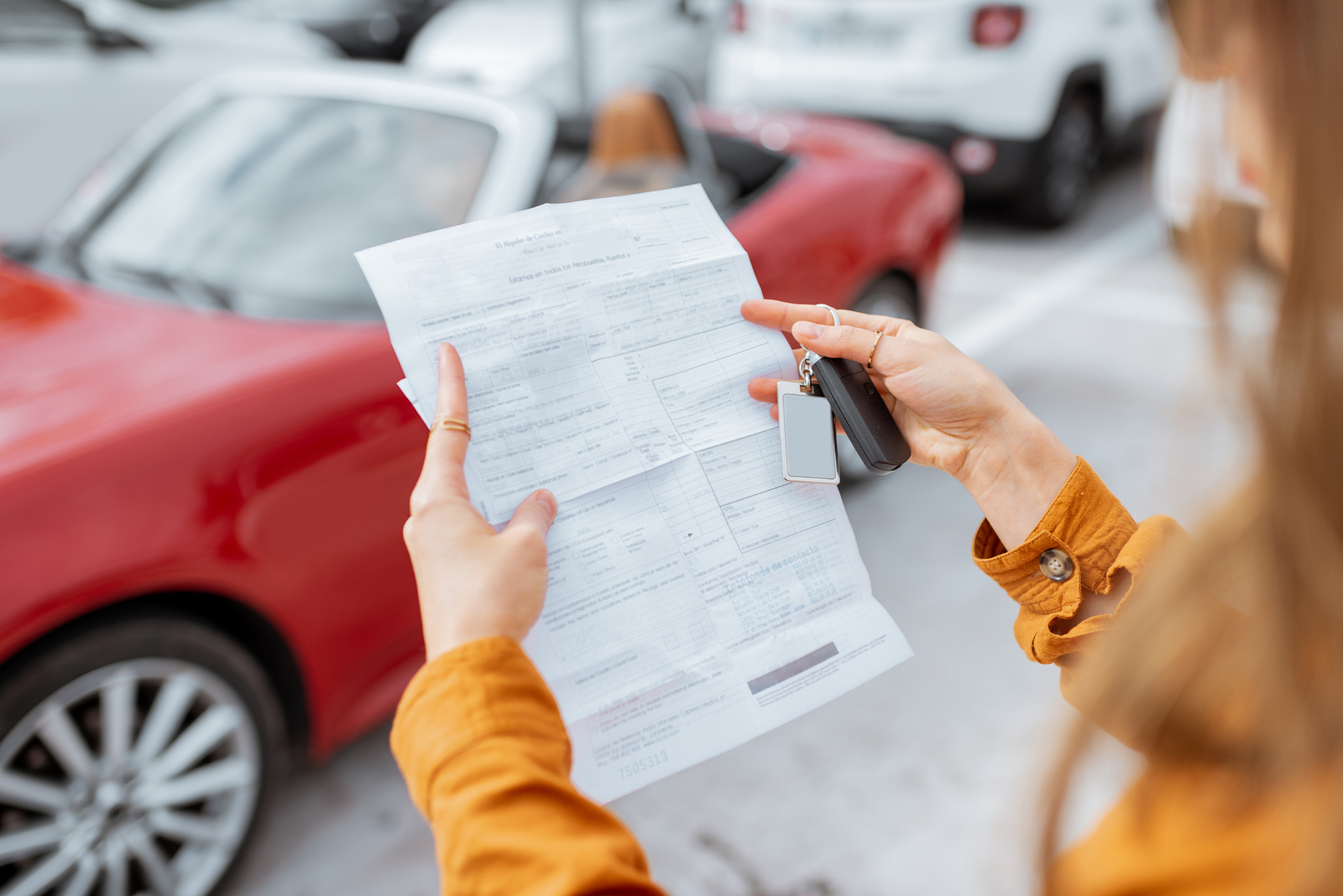If you’ve heard it once, you’ve heard it a thousand times: a car depreciates the most in its first year.
For some context, here’s an example from Edmunds:
Take as an example one of the best-selling vehicles in America, the Ford F-150 pickup. It sells new for $50,154, on average. In the first year, the truck depreciates by $14,349, losing 28.6 percent of its value. The next year it loses much less: $2,440, or a 6.8 percent drop in value. The third year is even less painful: The F-150 depreciates by $1,690, a 5.1 percent drop in value.
So, before you buy a new vehicle, it makes sense to consider the depreciation in its first year. If you’re okay with this, you can then move forward.
Here are some other things to think about:
1. Repair Bills
Are you putting out a lot of money on a regular basis to keep your current car running? Are you concerned that buying a used automobile will have you on the same path before you know it?
If so, a new car may be what you need. Not only are you starting with a few miles on the odometer, but you have a warranty to cover repairs for at least the first three years.
2. Updated Features
Maybe there’s a feature you really need in your car, such as a navigation system or three rows of seats to accommodate your growing family.
As your car ages, you’ll find that you’re being left behind in regards to features and equipment. Fortunately, when you buy a new car, you get the best of the best.
3. An Evolving Lifestyle
When you purchased your current vehicle, there was no way of knowing how your life would change in the future. But now that it has, you must consider if it’s time to transition into a new vehicle.
Maybe you have more children now. Maybe you have a different job that keeps you behind the wheel every day of the week. Perhaps your budget is tight and you need a vehicle with better gas mileage.
You get the point. As your lifestyle evolves, your vehicle may no longer fit your wants and needs. If you’re unable to make it work, no matter which approach you take, it’s time to consider your options.
Final Tip:
Don’t feel pressured into making a move that doesn’t suit you financially. When comparing a new vehicle to a similar used vehicle, you’ll always pay more money. Don’t make the decision to buy new unless you can comfortably afford it.
Some people only buy new cars. Other people only buy used cars. There’s no right or wrong answer, as it’s based on your needs, budget, and personal preference.
If you find yourself in the market for a new car, take the time to narrow your options and secure the best loan possible. Doing so will put you in position to enjoy your vehicle for many years to come.


Related Posts :
Getting an Auto Loan with Bad Credit : Simple StrategiesTop Reasons to Buy a Used Car
The Pros and Cons of a 72 Month Car Loan
What to do if You’re Denied for a Car Loan
10 Questions to Answer as You Search for a Car Loan